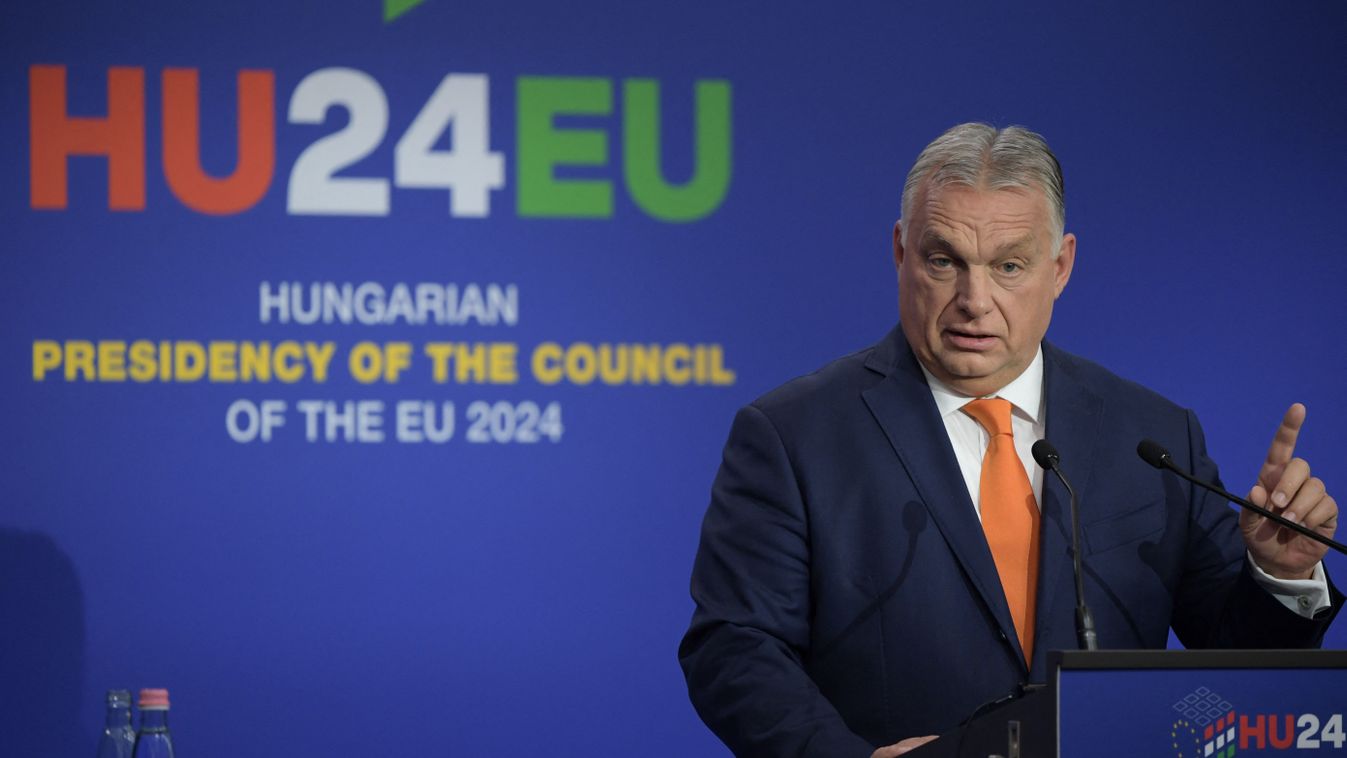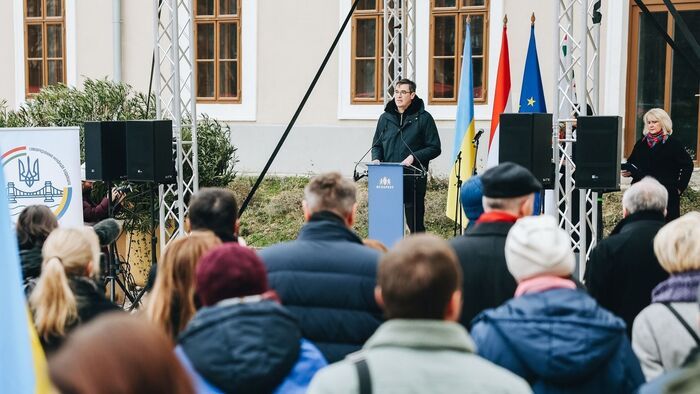This unfavorable situation is exacerbated by the significant difference in energy prices: European companies pay three times more for electricity and four times more for natural gas than their US counterparts. The Budapest Declaration, adopted at the informal meeting of the Council of the European Union last Friday, was designed to address this situation. The declaration calls for measures to restore Europe's competitiveness. Geza Sebestyen, economist and head of the Center for Economic Poliy, MCC, was asked about the meeting by Magyar Nemzet.
The key points of the declaration:
- a simplification revolution;
- reducing administrative burdens;
- reducing reporting requirements drastically by the end of the first half of 2025;
- taking measures to address high energy prices;
- developing a genuine industrial policy;
- reaffirming the objective of spending 3 percent of the European GDP on research and development by 2030;
- creating capital markets union;
- establishing a European defense industry base;
- focusing on competitiveness over the next five years: each new legislative proposal to include a competitiveness impact assessment in order to see what impact the new legislation has on competitiveness.
Speaking about the declaration, Geza Sebestyen emphasized that
the main positive point is that it seems that real and effective steps will be taken to finally make progress in seriously lagging areas.
He added that, in his opinion, the following can be expected in terms of concrete progress: by reducing energy prices and reforming industrial policy, Europe will once again become an industrial powerhouse; companies and investment will stop relocating and employment will improve; and by cutting redtape, companies in the bloc will become more efficient and competitive. He highlighted
the old continent will regain its rightful place and role in the triad of research, development and innovation, thus helping to create more and more jobs with added value.
The expert added that more integrated capital markets will help to make financing European businesses simpler and cheaper, to increase the number of cost-effective alternatives available to investors, and to make the EU greener, more circular and more resilient.
Cover photo: Hungarian Prime Minister Viktor Orban (Photo: AFP)























Szóljon hozzá!
Jelenleg csak a hozzászólások egy kis részét látja. Hozzászóláshoz és a további kommentek megtekintéséhez lépjen be, vagy regisztráljon!